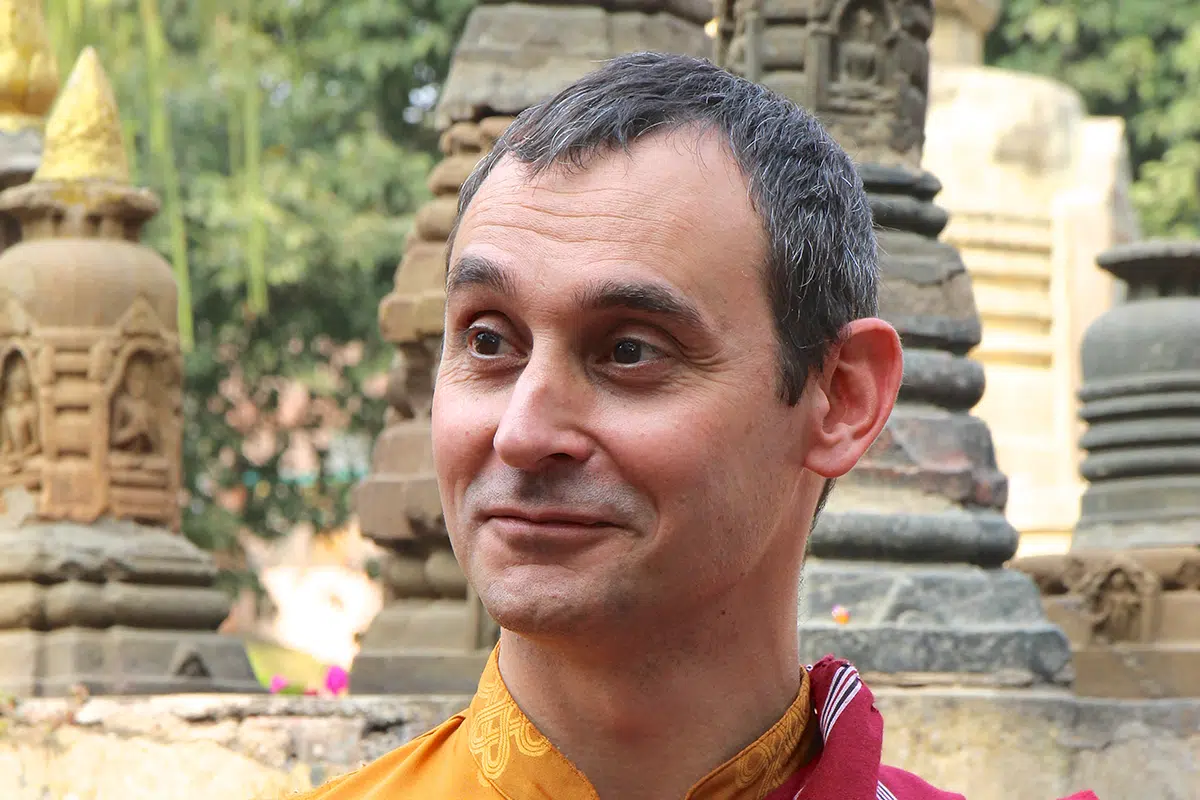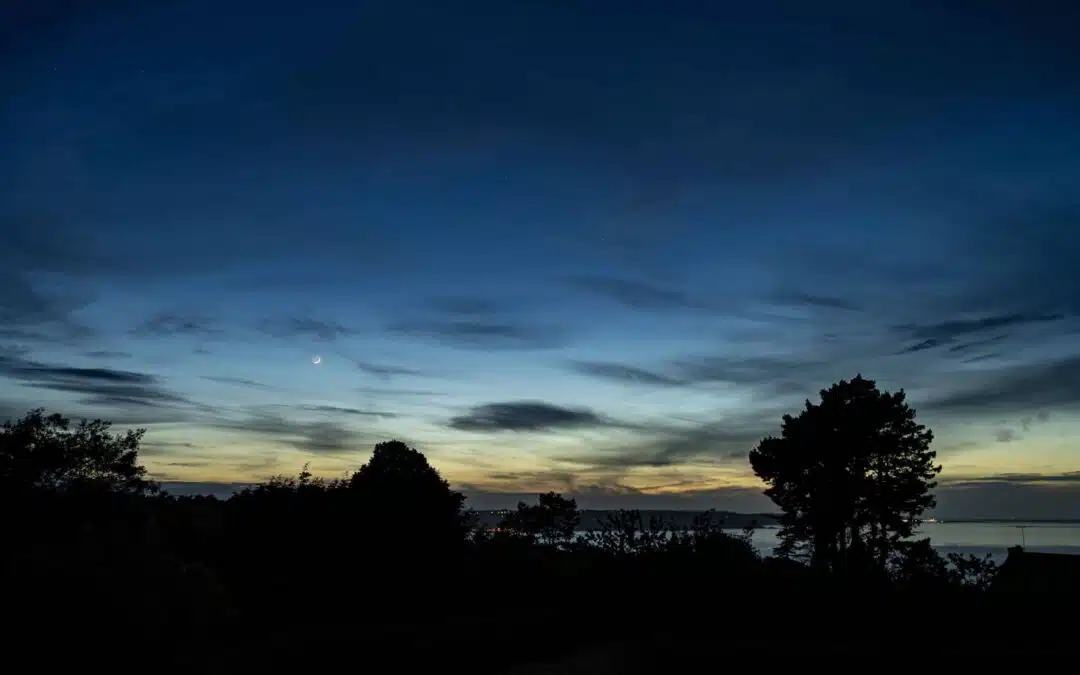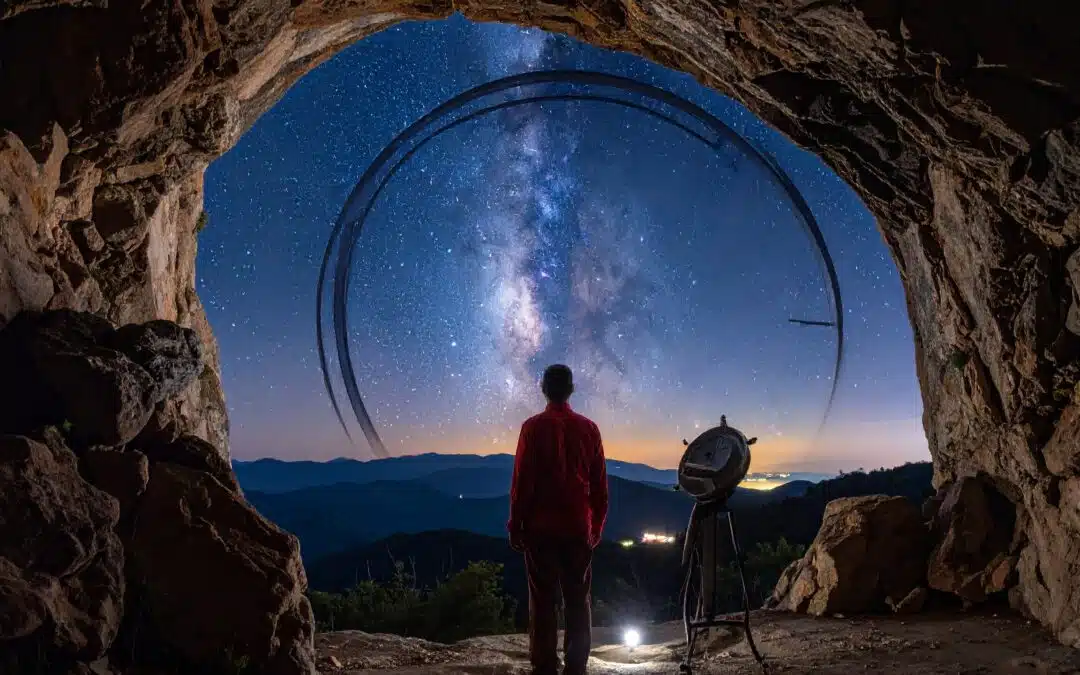Sharing Dzogchen

Sharing to Preserve. Preserving to Adapt. Adapting to Share.
Integrating Dzogchen to share it
Sharing Dzogchen means transmitting it and learning to transmit it.
This is the third main part of the Dzogchen Today! project after preservation and adaptation.
For a good thousand years, and much more according to certain traditions and lineages, the Great Perfection and its teachings have been transmitted from generation to generation from practitioner to practitioner, in a succession of handovers from masters to disciples, from teachers to students.
The first characteristic of the transmission of the Great Perfection is that it must “contain” the result of the whole path, like a “condensed” in one movement of all that the teacher has finally realized throughout his journey: the primordial nature of himself and of all reality. This primordial nature is the essential heart of the transmission for the Dzogchen: something that cannot be explained, that cannot be spoken about, but which is directly experienced when it is transmitted, and which is gradually integrated as we directly experience this primordial state throughout our training.
This first characteristic of the transmission of the Great Perfection has no form and can therefore take any form spontaneously, immediately. It does not need to be adapted but must be kept alive.
The second characteristic is formal. It is the framework, the supports, the style, etc. of the transmission of the Dzogchen teachings and techniques. All of these formal teaching materials have evolved over time, according to the evolution of mentalities, the spread of the teachings in different regions and countries, to finally land in Europe and the United States, the most recent places.
We have seen previously what efforts need to be made from the point of view of the question of adaptation. Here, it is the question of the transmission nowadays. How should it be done? I am convinced that transmission must be adapted to the needs of those who receive it and that it is certainly important to transmit to the French with the French mentality, to the Swiss with the Swiss way of thinking, to the Americans with the American way of thinking and to the Tibetans with the Tibetan way of living. However, this is not all, it is also necessary to adapt to the local and personal specificities and for that, it is necessary to have a very good integration of the Great Perfection and a great adaptability to the beings and the conditions. The best teachers are those who teach not what they think, but what others think. They can adapt their thinking very quickly to the needs of others.
It is this quality that is eminently essential for the transmission today.

That is why the Dzogchen Today! project also focuses on the evolution of contemporary transmission forms with an advanced instructor and teacher program that addresses all these essential questions.
What is the point of having preserved and adapted if no one can share the treasure of the Great Perfection?

Written by Mila Khyentse
More From All Categories

The All-Excellent’s Mighty Path of Aspiration
“The All-Excellent’s Mighty Path of Aspiration ” is a new translation from the Dzogchen Today! Translation Committee. Enjoy!



